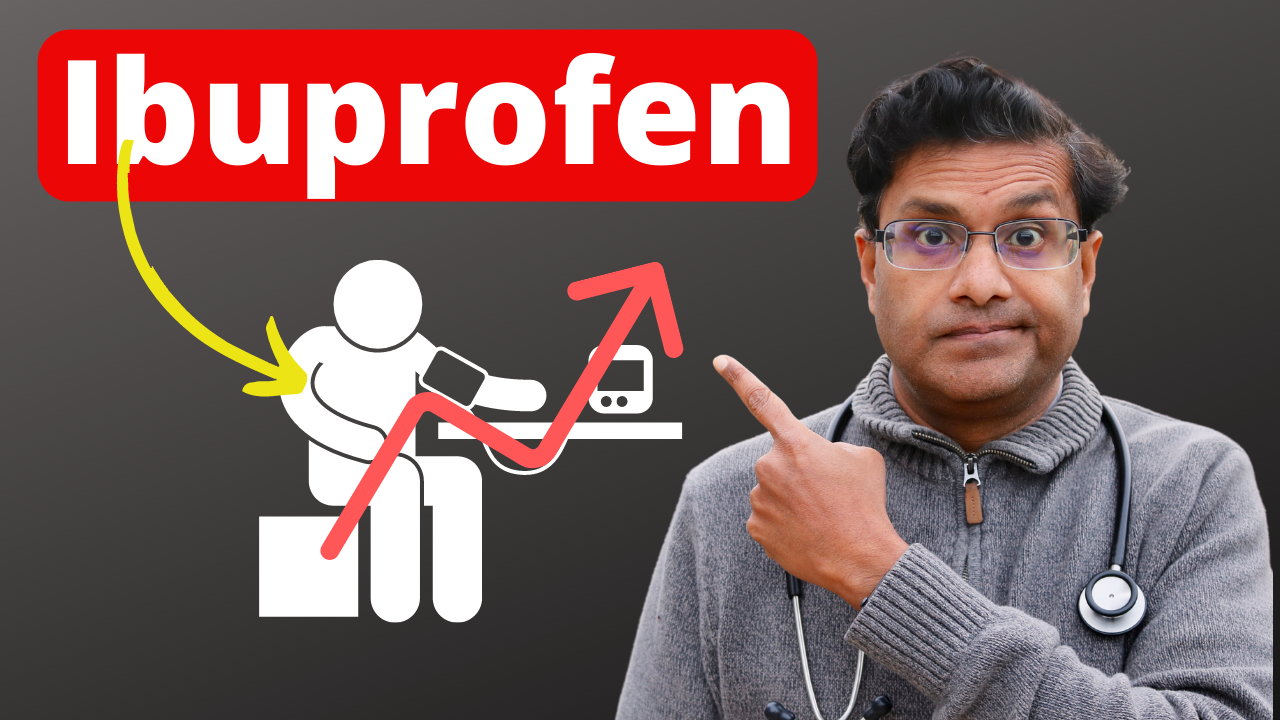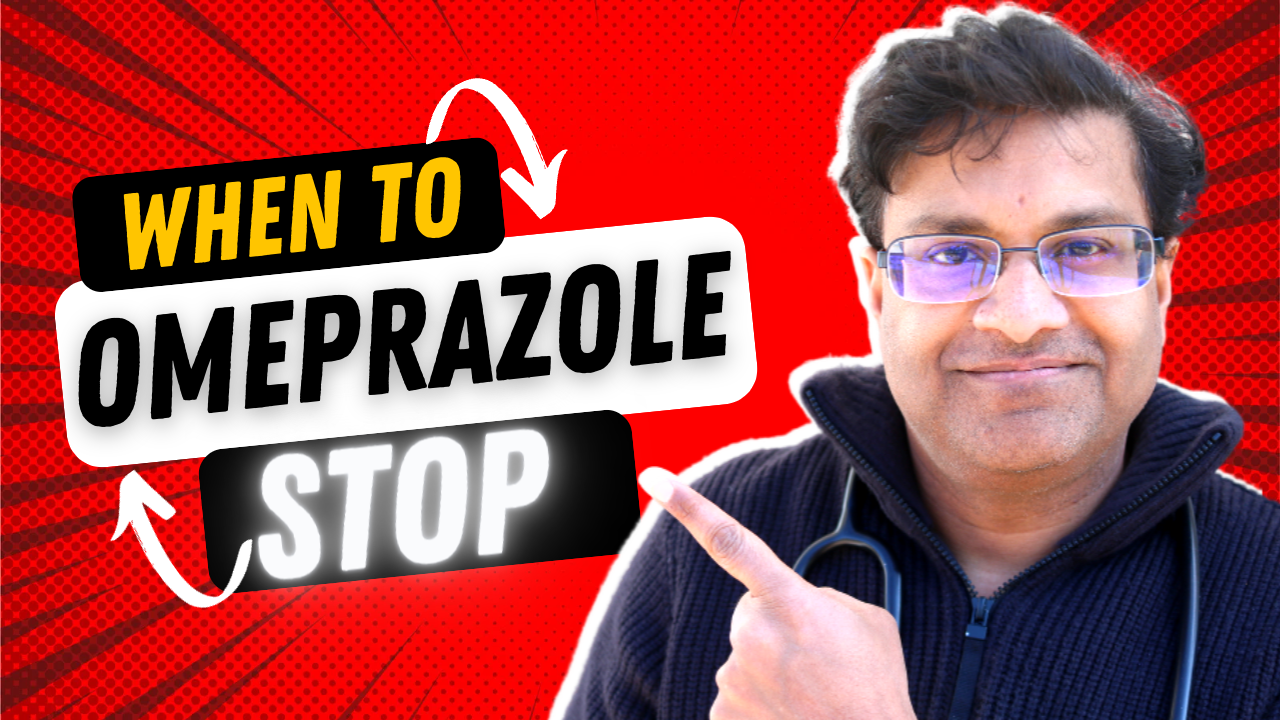Ibuprofen is a common OTC medication. You may be taking it for the odd pain or headache. It’s OTC right, no harm there.
Well let’s take a bit of a deeper dive into the question: Can Ibuprofen raise your blood pressure?
 What is Ibuprofen?
What is Ibuprofen?
Ibuprofen belongs to class of medications called NSAIDS.NSAIDS stands for non- steroidal anti- inflammatory drugs. Ibuprofen is found OTC. When you use Ibuprofen at higher strengths it is prescribed by your health care provider.
What is Ibuprofen used for?
In most cases it is used for mild to moderate pain. It can be also used if you have fever or even to help in symptom management of certain diseases such as osteoarthritis or rheumatoid arthritis.
How does Ibuprofen work?
Mail gets delivered every day. If someone sends you a letter it gets delivered either to your doorstep or letterbox. The mails get delivered to the intended destination. Similarly, when your body is in pain because of an infection or inflammation mediators called prostaglandins are sent directly to areas of concerns. Prostaglandins bring “bad news” to the body area of concern in the form of inflammation, pain, and fever. Ibuprofen is anti-inflammatory and counter acts the effects of prostaglandins. In this way ibuprofen can reduce fever, inflammation, and pain. These are all good things. However, Ibuprofen does have several side effects, one of them is increasing your blood pressure.
How does Ibuprofen or other NSAIDS raise your blood pressure and why?
Imagine this finger and a part of the finger gets infected. How does this come to be? Your body sends prostaglandins to the area of the finger causing an inflammatory reaction. You may experience pain as well. Now for prostaglandins to recruit other players to the site of inflammation such as macrophages they need to widen your blood vessels locally. You may ask what are macrophages? They are cells to get rid of diseased or damaged cells in your body. Going back to the blood vessels. Yes, they need to be wider so that some of these cells and mediators can come to the area of inflammation. Now Ibuprofen helps with countering this inflammation, but it does this by making these vessels smaller. Every time vessels become narrower in your body your blood pressure goes up.
How much does my blood pressure go up if I take Ibuprofen regularly?
There have been studies looking at this very question. This study here concluded: “Continued use of ibuprofen increases blood pressure and raises the incidence of hypertension”. How long did the individuals taking Ibuprofen…. 4months.
Another study surmised ” It is estimated that a person’s mean blood pressure will increase by an average of 5 mm Hg while taking nonselective NSAIDs, and some COX-2 inhibitors have also been shown to increase blood pressure“.
A recent study looking at this question looked at people taking pain medications for OA and RA. The medications they looked at were ibuprofen, Velecoxib and Naproxen.The last two mentioned medications are NSAIDS as well. The study found that individuals who were taking Ibuprofen consistently over 4 months increased their systolic blood pressure by 4mmHg.The other noteworthy conclusion was that if taking Ibuprofen regularly over a longer period of time (in this 4 months) about 25%(1/4) of these individuals developed HTN.
What have we learnt:
1.NSAIDS such as Ibuprofen can raise your blood pressure if taken over a longer period. It can raise your blood pressure by about 3-5mmHg
2.NSAIDS do have other side effects, click on this link here to look at a video looking at Ibuprofen side effects.
What does this mean for you?
1.If you do choose NSAIDS use them for the shortest period at the lowest effective dose. Generally, with my patients I am quite reluctant to use NSAIDS for more than 5-10 days.
2.Ideally you want to avoid taking NSAIDS on an empty stomach as they can irritate your stomach. If you are on an NSAID for a chronic condition such as osteoarthritis or Rheumatoid arthritis, make sure you are on a medication which can protect your stomach such as Omeprazole.
3.An alternative in older adults are non-pharmacological approaches to pain control which would mean physical therapy and exercise, loss of weight as well as better nutritional choices.
4.There is a certain section of you who might continue to choose to stay on NSAIDS as they are the only medication to help with your pain. In this case you need to weigh in the pros and cons of the medication and decide in conjugation with your health care provider what is the best choice for you.
Have a good day and Think your Health.
Sources:
- https://www.the-rheumatologist.
- https://academic.oup.com/eurheartj/
- https://www.aafp.org/afp/2009/1215/p1371.html#sec-1
- https://www.ncbi.nlm.nih.gov/pmc/articles/PMC8139400/







